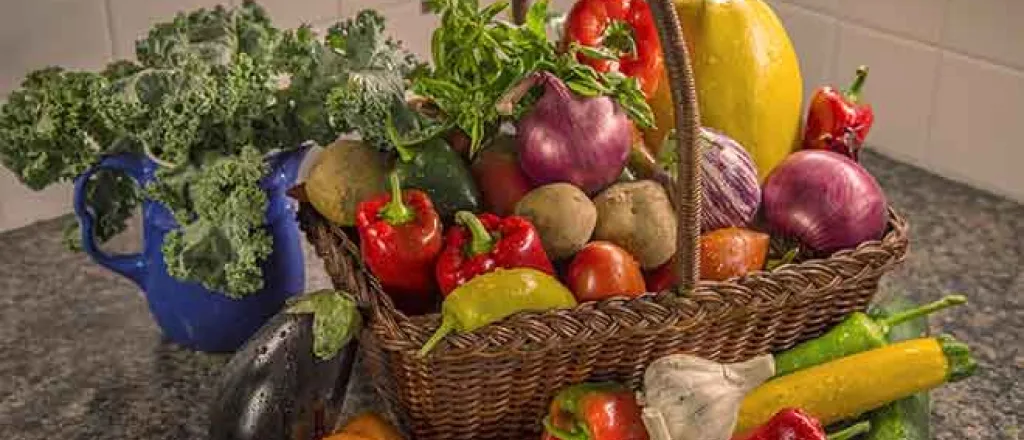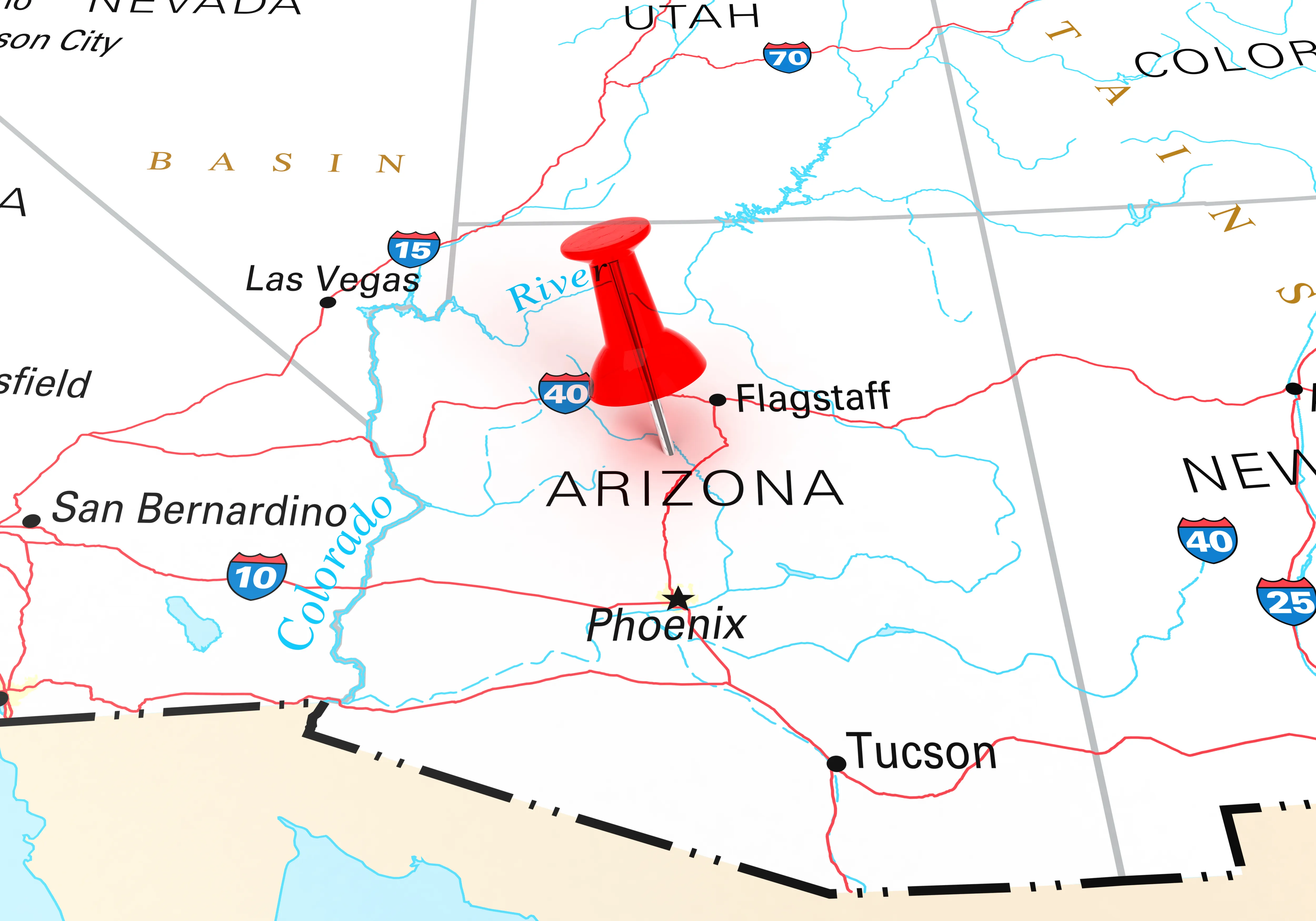
Hunger Free Colorado celebrates 15th birthday
Click play to listen to this article.
(Colorado News Connection) Colorado's leading advocate for people experiencing hunger turns 15 this year and a new report outlined key advances and persistent challenges facing residents across the state.
Elissa Hardy, director of client services for Hunger Free Colorado, cited its work on the Healthy School Meals for All program as a major win. Students in schools opting into the program can now get the nutrition they need to learn, regardless of their parents' ability to pay. She pointed out it is also putting an end to practices such as lunch line shaming.
© iStock - Rawpixel
"This really allowed for reduction in stigma, in discrimination, for those kids on low-cost food programs," Hardy observed. "Because (with the new program) everyone was getting the meals."
Colorado became the third state in the nation to provide free, nutritious breakfast and lunch for all public-school students when voters approved Proposition FF in 2022. Hunger Free Colorado has also helped secure more than $30 million in state funding to fill food banks and pantries with culturally relevant foods communities want, produced by local farmers and ranchers.
When the group started doing outreach for SNAP enrollment in 2009, just four in 10 Coloradans eligible for the program formerly known as food stamps were getting help. Hardy reported today, nearly eight in 10 eligible families are getting food assistance.
"Colorado was one of the lower ranking states, for the number of people who are eligible but not enrolled, and now we are much higher up in that rating," Hardy emphasized. "We now have a team of 20 who are going into the community to do outreach."
Hardy acknowledged there is still work to be done. More than one in 10 Coloradans do not know where their next meal will come from and 17 percent of Colorado families with children do not earn enough to ensure their kids get the nutrition they need.
"I think it's really easy to think that people have what they need, and they don't," Hardy added. "There is food insecurity in our own neighborhoods, our own neighbors might be struggling. We work with many colleges across the state, and many of the students are struggling."














